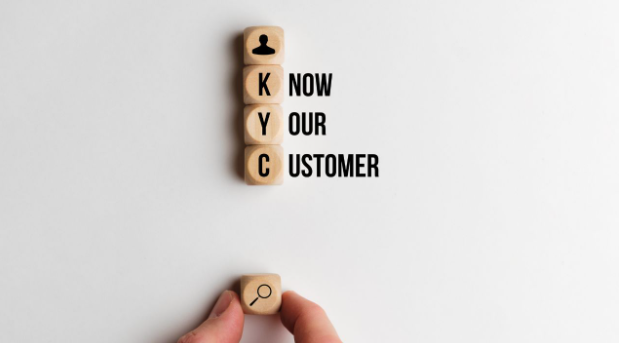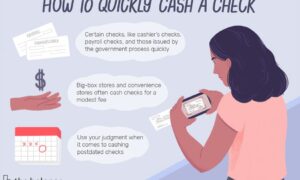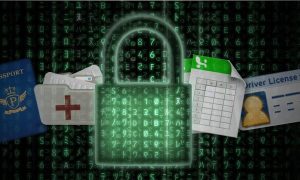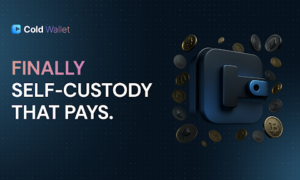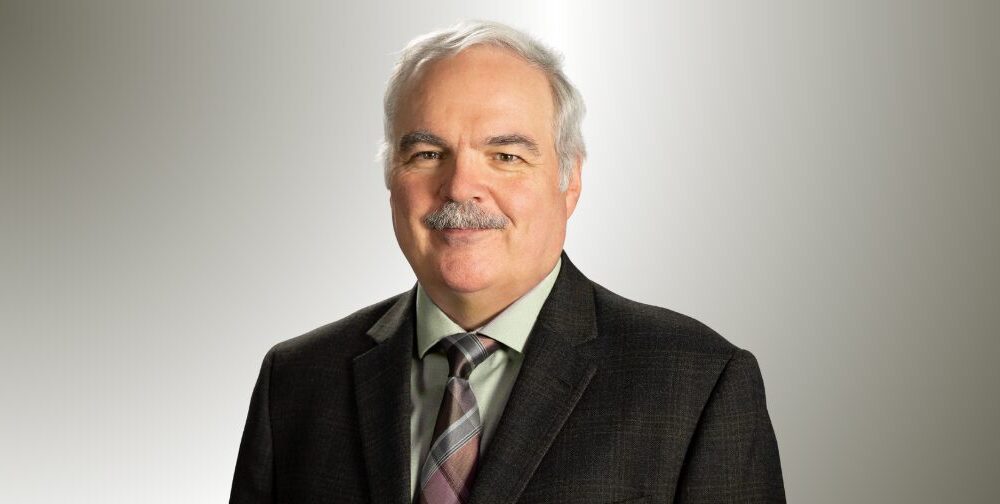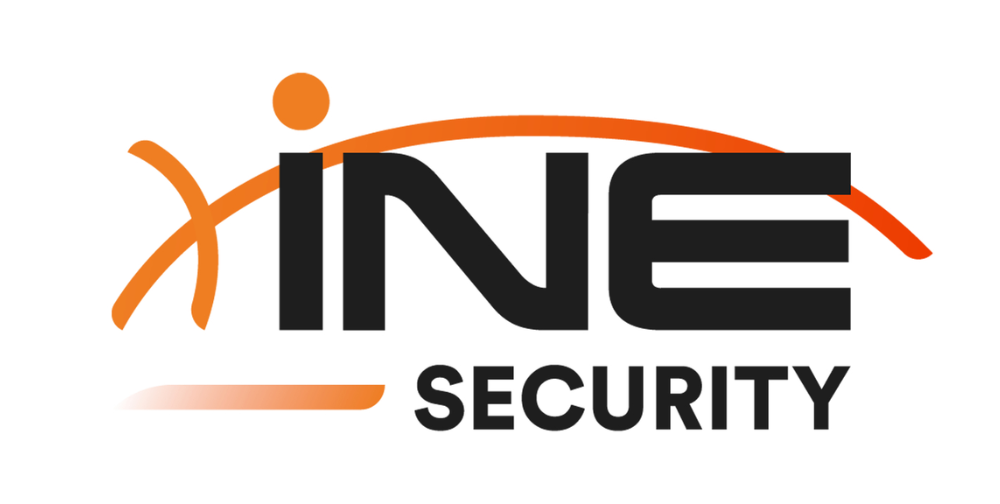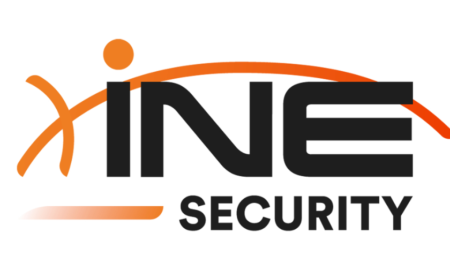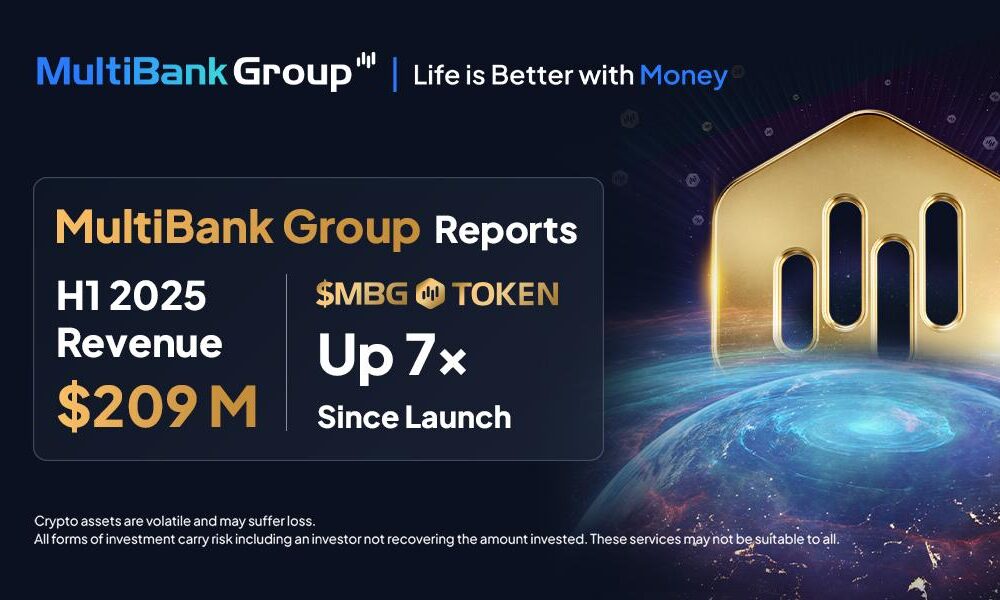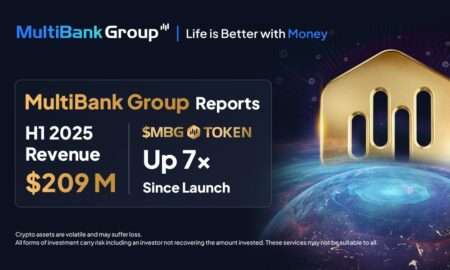Using services that don’t ask for your ID can give you more privacy, but you need to be smart about it. Here’s how to stay safe when you’re trying to keep things private online.
What Are No KYC Services?
These are websites and apps that let you sign up without showing them your driver’s license or passport. Most banks and financial companies have to check your identity, but some platforms skip this step, offering no KYC registration.
Start Small and Test Things Out
Don’t put a lot of money into something new right away. Try it with a small amount first to see how it works. If you lose twenty bucks, that’s annoying but not devastating. If you lose two thousand, that’s a real problem.
Make a New Email Just for This
Don’t use your regular email address. Go to Gmail or Yahoo and make a fresh one. This keeps your normal stuff separate from these other activities. Plus, if they start sending you spam, it won’t clutter up your main inbox.
Do Your Homework on the Company
Spend some time looking into who you’re dealing with. Go on Reddit, check Google reviews, ask around. You want to know if other people have had good or bad experiences. If lots of folks are complaining about the same problems, that’s a red flag.
Turn On Every Security Option They Have
Even though they don’t check your ID, most places still let you add extra protection. Set up that text message thing where they send you a code. Turn on email alerts so you know when something happens. Use whatever they give you.
Pick a Really Good Password
Make up something completely new for each site. Don’t use your dog’s name or your birthday. Mix up letters and numbers and those weird symbols. Yeah, it’s harder to remember, but that’s the point. Nobody else should be able to guess it.
Know What’s Legal Where You Live
Just because a site doesn’t ask for your ID doesn’t mean anything goes. Different places have different rules about money stuff. What’s okay in one state might get you in trouble in another. Look this up or ask someone who knows the rules.
Keep Track of Everything Yourself
Save screenshots of important stuff. Print out receipts. Keep copies of emails. These companies often don’t have great customer service, so you need your own records if something goes wrong later.
Only Use Safe Internet Connections
Make sure the website address starts with “https” – that little “s” matters. Don’t do this stuff when you’re on the WiFi at Starbucks or the airport. Wait until you get home or use your phone’s data.
Watch Out for Scams
If something sounds too good to be true, it probably is. Nobody’s going to double your money overnight. If they’re pushing you to hurry up and decide, that’s usually a bad sign. Real companies let you take your time.
Have a Plan for Getting Out
Before you put money anywhere, figure out how to get it back out. What are the fees? How long does it take? What if the website disappears tomorrow? You need answers to these questions before you start, not after.
Check Your Accounts Often
Look at your stuff more than you normally would. Make sure nothing weird is happening. If you see transactions you didn’t make or your settings got changed, deal with it right away.
Think About Where the Company Is Located
Companies in different countries follow different rules. Some places protect customers better than others. Some give you more privacy but less help if things go bad. This matters when you’re picking who to trust.
Don’t Make These Common Mistakes
Don’t think you’re completely invisible just because they didn’t ask for your ID. They’re still keeping track of some things about you.
Don’t put everything in one place. Spread it around different companies so if one has problems, you don’t lose everything.
Don’t ignore it when they send you updates about rule changes. Sometimes important stuff is buried in there about fees or how they handle your information.
The Bottom Line
You can use these services safely if you’re careful about it. The trick is getting the privacy benefits without being careless about security. Take time to learn about what you’re getting into, start slow, and always put protecting yourself first.
Things change fast in this world, so keep paying attention to what’s happening and be ready to change your approach when you need to.

